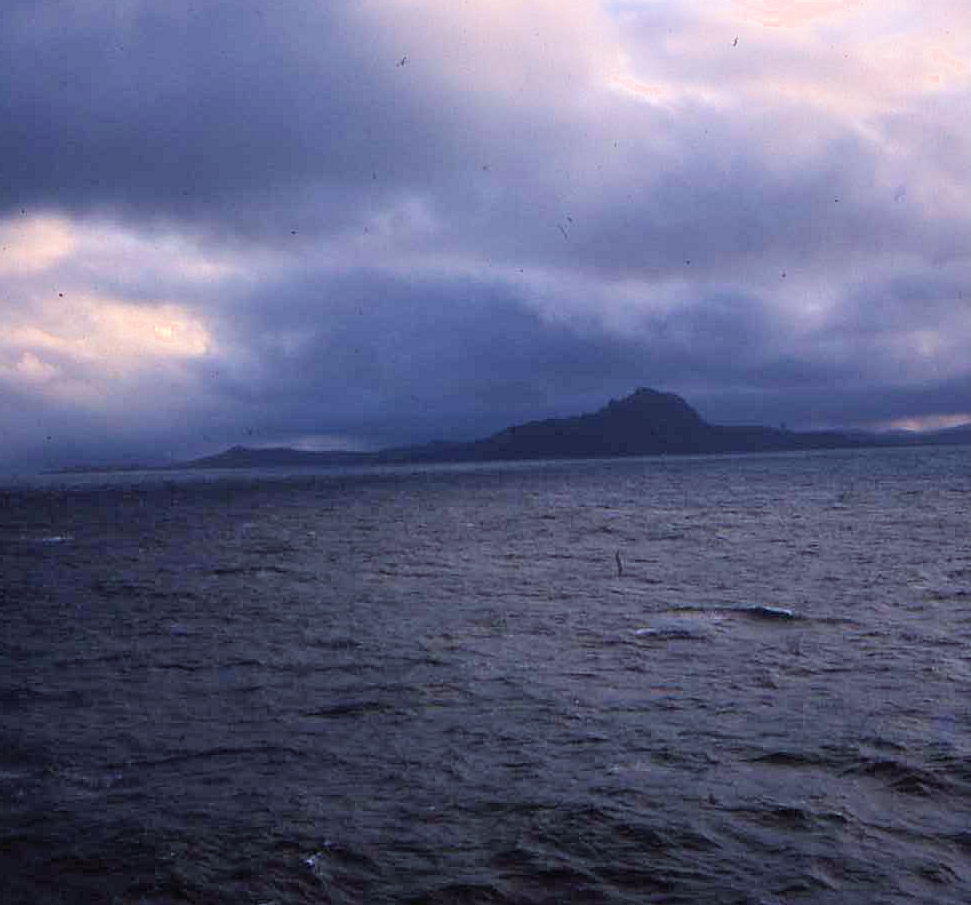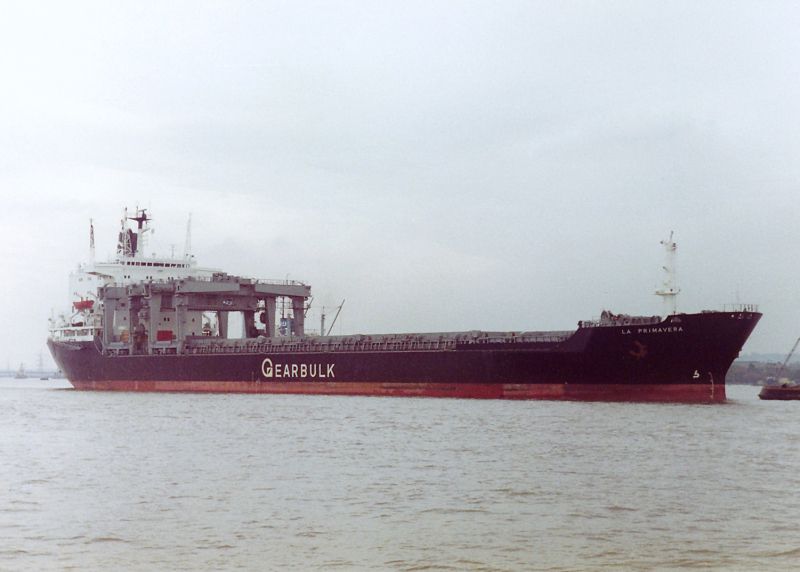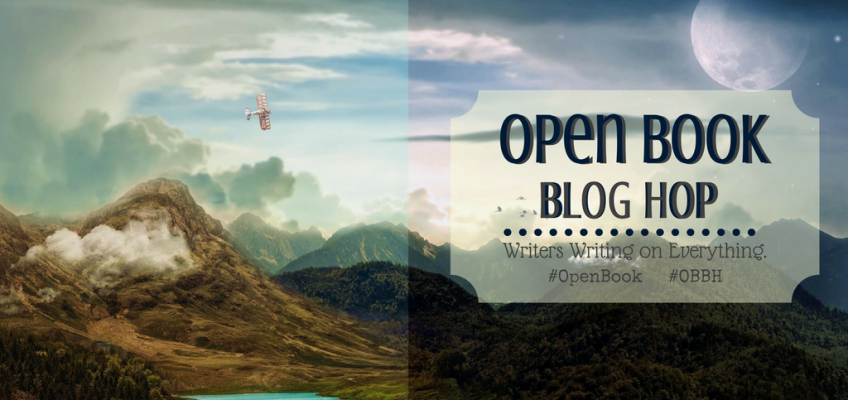Welcome back to another blog hop, with #OpenBook. Here’s this week’s prompt.
Show us a photo you took that you’re most proud of. Tell us about it.

Cape Horn 1980
As many of you will know, I spent all of my working life in shipping, either as a ships deck officer, river pilot or in various shore-based occupations, lockmaster, harbour master and insurance surveyor.
I don’t get much chance to speak about my sea-going career. People today think it’s boring, because so few people work at sea, there is no concept of the basics of the lifestyle, and little interest. Everything has to be explained in order for the tale to be understood. That spoils the telling.
Just for you, I’m making an exception, I’ll try and keep it simple. This is the picture that means the most to me, from all those trips.
Here goes.
Back in 1980, I was on a ship loading a cargo of Sulphur and Potash in Vancouver. We were to take it to Santos in Brazil. The La Primavera was a 40,000-tonne bulk carrier, just over 180 metres long.
Here she is.

I was third mate (navigator) and when we left Vancouver, we all expected to go to Santos via the Panama Canal, as it was the more logical voyage.
When we were told that it was cheaper to head for Santos via Cape Horn and to take the Straits of Magellan if the weather was bad at the Cape when we got there, it felt like a trip into the unknown.
Cape Horn is one of those places that has a sort of mystique, even though rounding it on a sailing ship is thought to be more glamourous. It’s still a place that not everyone has been.
Our Captain had a reputation for finding bad weather, hence his nickname Hurricane, which didn’t help as far as we were concerned. We all knew the reputation of the Cape, it was perfect for his storm-attracting capabilities. We were bound to go through the Straits.
To make matters worse, we were due to arrive at the Cape in mid-June, winter in the southern hemisphere. The weather was sure to be bad, we thought. We assumed that we would use the Straits, it would be disappointing to be so near and miss out, at least we would be spared several days of bouncing around.
As we got closer and kept a close watch on the conditions there were a string of storms, yet in the final days up to the point where we had to make a decision, they stayed away. We pressed on, passing the Cape in daylight and calm weather. Which was where I took the picture.
I had joined a small and exclusive club.
Two days later, as we were heading north, off the River Plate, we were hit by a Pampero, a local wind effect and encountered a day or so of some unpleasant conditions. It was the only bad weather on the whole voyage. Hurricane was having a break, his reputation had been tarnished.
After discharging in Santos, we sailed north. In fact, we then journeyed six-hundred miles up the River Amazon to load a cargo of paper pulp, but that’s another story.
Let me know what you think about this week’s subject.
I’d love to get your comments, please leave them below. While you’re here, why not take a look around? There are some freebies and lots more content, about me, my writing and everything else that I do. You can join my newsletter for a free novella and more news by clicking this link.
Now see what the other blogs in this hop have to say by clicking below.
Check out the other great blogs here.
While you’re here, you might be interested in these Bookfunnel promos. There’s one for September’s new releases, including The Hitman and the Thief,

and another three including my Dual-time thriller Life and Other Dreams.



![]()



Jack Eason
I’ve rounded both Capes in my time. The worst weather I experioenced was in the Southern Latitudes rounding Antarctica during my Navy days aboard HMNZS Endeavour…
Richard Dee
I was lucky enough to go to most of the places I dreamed about when I was a child. And the worst weather I ever remembered was a lot closer to home.
Lela Markham
My dad was a merchant mariner from the 1930s to the 1950s. I used to love to listen to his stories. I grew up inland away from the sea, but my son and I took the Tustamena ferry out the Aleutians a few years ago. That’s the worst weather I’ve ever seen. We woke (in a tent on the deck) in the dark of the night feeling like we were being sucked to the bottom of the ocean. We unzipped the tent window and saw a wave off the port side, above the rail – way above the rail. There was nothing we could do about it, so I zipped the window up again and told Kiernan, who was 14 or 15 that summer, there was nothing to worry about. Meanwhile, we’re sliding down another trough and I’m sure I was white as a sheet. He rolled over on his side, threaded his arm through the dry bag we’d used for hauling our gear, and said “Nothing to worry about that you can do anything about, you mean.” Then he put the dry bag between us. “For flotation if it comes to it.” Ten minutes later, he was sound asleep. His grandfather’s grandson, to be sure.
Richard Dee
When the weather was bad crossing the North Pacific, we used to run in behind the islands for a bit of relief from the storms.
Stevie Turner
Boats and I don’t go together. I’ve no desire to sail around Cape Horn!
Richard Dee
It’s funny just how calm it was that day, not at all what we were expecting.
phil huston
The trick to telling stories about anything is to leave out the stuff nobody wants to hear. I could have used a little more but I must say that was one of your most succinct bits. I have trouble with any book that involves TMI (too much information). To me, and I use this analogy often, Moby Dick is a short story wrapped around a whaling how-to. Many books do that. Even one of my favorites got too far off in the weeds with Confederate history in Tishomingo Blues and The Cuban Affair would have been a reasonably good (if slightly sexist) romantic adventure sans the overdose of Cuban history. All that was to say your piece here was spot on. Cool stuff. Up the Amazon, you and I should write a romantic adventure collab about jewels and drug cartel money and a trip up the Amazon! Or hey, just feed me enough to make it believable like the old pulps! Great story. Thanks!
Richard Dee
Thanks, glad you enjoyed it. I have a WIP (Scifi/thriller) based partly in Belize.
P.J. MacLayne
How many people did it take to crew that ship?
Richard Dee
Those ships had a total of 34 crew when new, ten years later, management had reduced it to 23.
Roberta Eaton Cheadle
A great picture and story, Richard. I have not sailed around Cape Horn, but I have viewed it from Cape Point and I have driven to it in the car. We love Cape Town.
Richard Dee
I was lucky to visit some amazing places, that one sticks in my mind the most.
Lyndell Wiliams
Your life stories are so exciting! Great pic!
Richard Dee
Thank you. To me, other peoples lives and the things they have done seem so much more exciting than what I got up to.